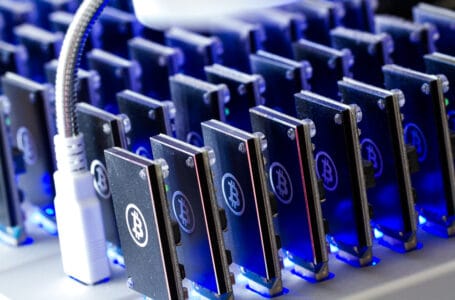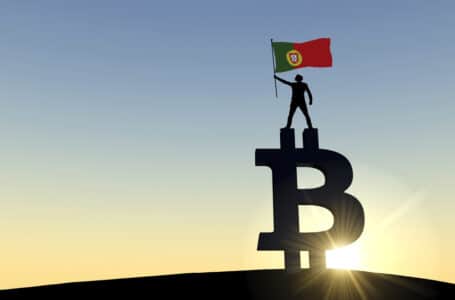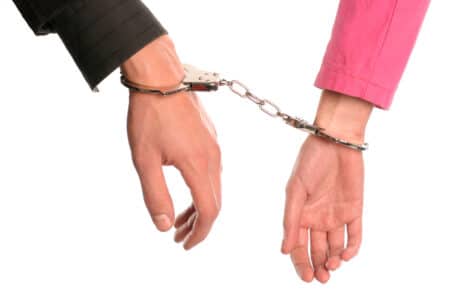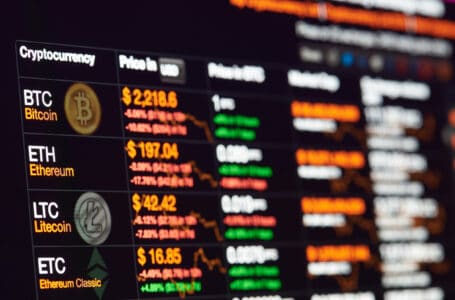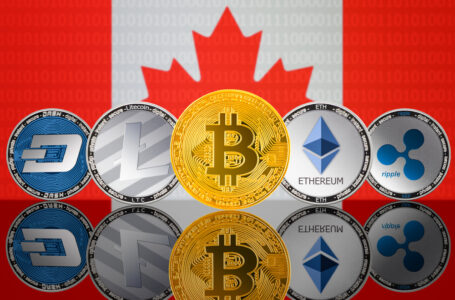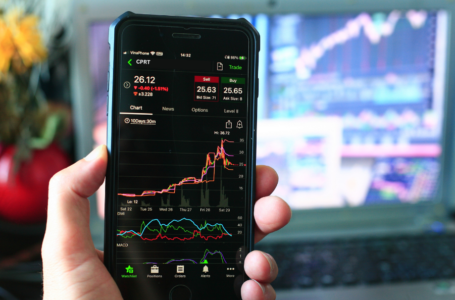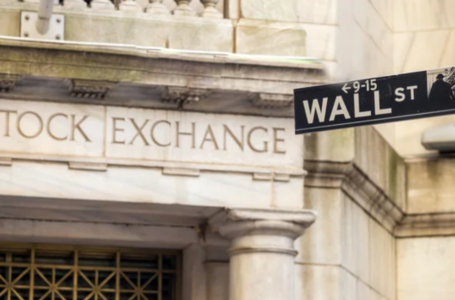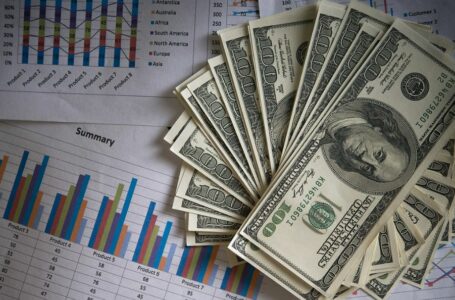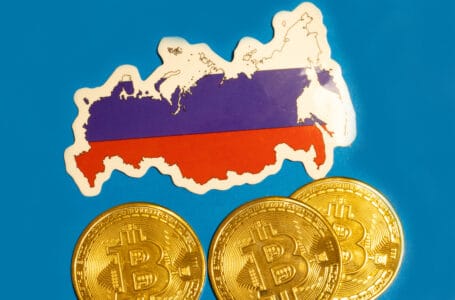In Lebanon Locals Now Mine Bitcoin And Buy Groceries With Tether
When Georgio Abou Gebrael first heard about bitcoin in 2016, it sounded like a scam. However, by 2019, as Lebanon plunged into a financial crisis following decades of expensive wars and bad spending decisions, a decentralized and borderless digital currency operating outside the reach of bankers and politicians sounded a lot like salvation.
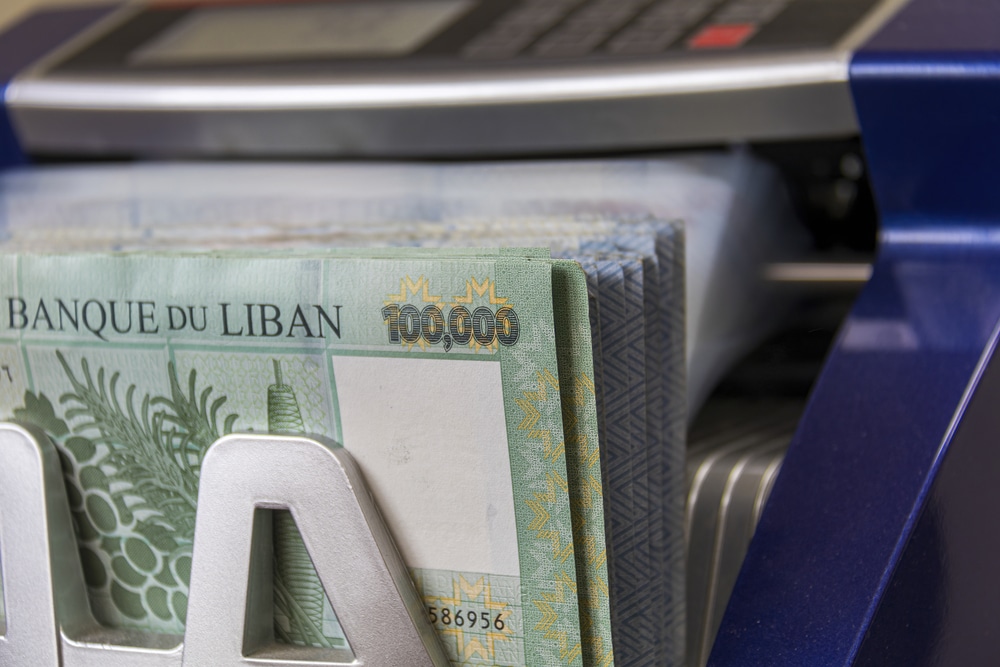
Reality With Bitcoin
Gebrael was an architect living in his hometown of Beit Mery, a village eleven miles due east of Beirut. He had lost his job and needed to figure out another way to quickly get ahold of cash. In the spring of 2020, Gebrael says, the banks were closed and locals were barred from withdrawing money from their accounts.
Receiving cash via international wire transfer wasn’t a great option either. This is because these services would take U.S. dollars from the sender and give Lebanese pounds to the recipient. They will do it at a much lower rate than market value, according to the 27-year-old.
Gebrael discovered a subreddit dedicated to connecting freelancers with employers willing to pay in bitcoin. The architect’s first job was to film a short commercial for a company that sold tires. Gebrael recieved $5 in bitcoin as payment. Despite the tiny amount, his interest shut up.
Today, half of Gebrael’s income is from freelance work, 90% of which is paid in bitcoin. The other half comes from a U.S. dollar-denominated salary paid by his new architecture firm. Beyond being a convenient way to earn a living, bitcoin has also become his bank.
Its Not Just Gebrael Fighting Through Life With Bitcoin
Gebrael isn’t alone in seeking alternative ways to earn, save, and spend money in Lebanon. Lebanon is a country whose banking system broke after decades of mismanagement.
Consequently, the local currency has lost more than 95% of its value since Aug. 2019. The minimum wage has effectively plummeted from $450 to $17 a month. Pensions are virtually worthless. Furthermore, Lebanon’s triple-digit inflation rate is second only to Sudan this year, and bank account balances are just numbers on paper.
“Not everyone believes that the banks are bankrupt, but the reality is that they are,” said Ray Hindi, CEO of a Zurich-based management firm dedicated to digital assets.
“The situation hasn’t really changed since 2019. Banks limited withdrawals, and those deposits became IOUs. You could have taken out your money with a 15% haircut, then 35%, and today, we’re at 85%,” continued Hindi. Hindi was born and raised in Lebanon before leaving at the age of 19.
“Still, people look at their bank statements and believe that they’re going to recover at some point,” he said.
Hope?
Despite losing nearly all of their savings and pension, Gebrael’s parents are holding out hope. His parents are career government employees. They hope that the existing financial system will rightsize at some point. In the meantime, Gebrael is covering the difference.
Others have lost faith in the monetary system altogether. Enter cryptocurrency. Allin1bitcoins spoke with multiple locals, many of whom consider cryptocurrencies a lifeline for survival. Some are mining for digital tokens as their sole source of income while they hunt for a job. Others arrange clandestine meetings via Telegram to swap the stablecoin tether for U.S. dollars in order to buy groceries.
“Bitcoin has really given us hope,” Gebrael said. “I was born in my village, I’ve lived here my whole life, and bitcoin has helped me to stay here.”
AllIn1Bitcoins works diligently to offer impartial and trustworthy data on cryptocurrency, finance, trading, and stocks. Nonetheless, we are unable to furnish financial counsel and encourage users to undertake their own inquiries and due diligence.

